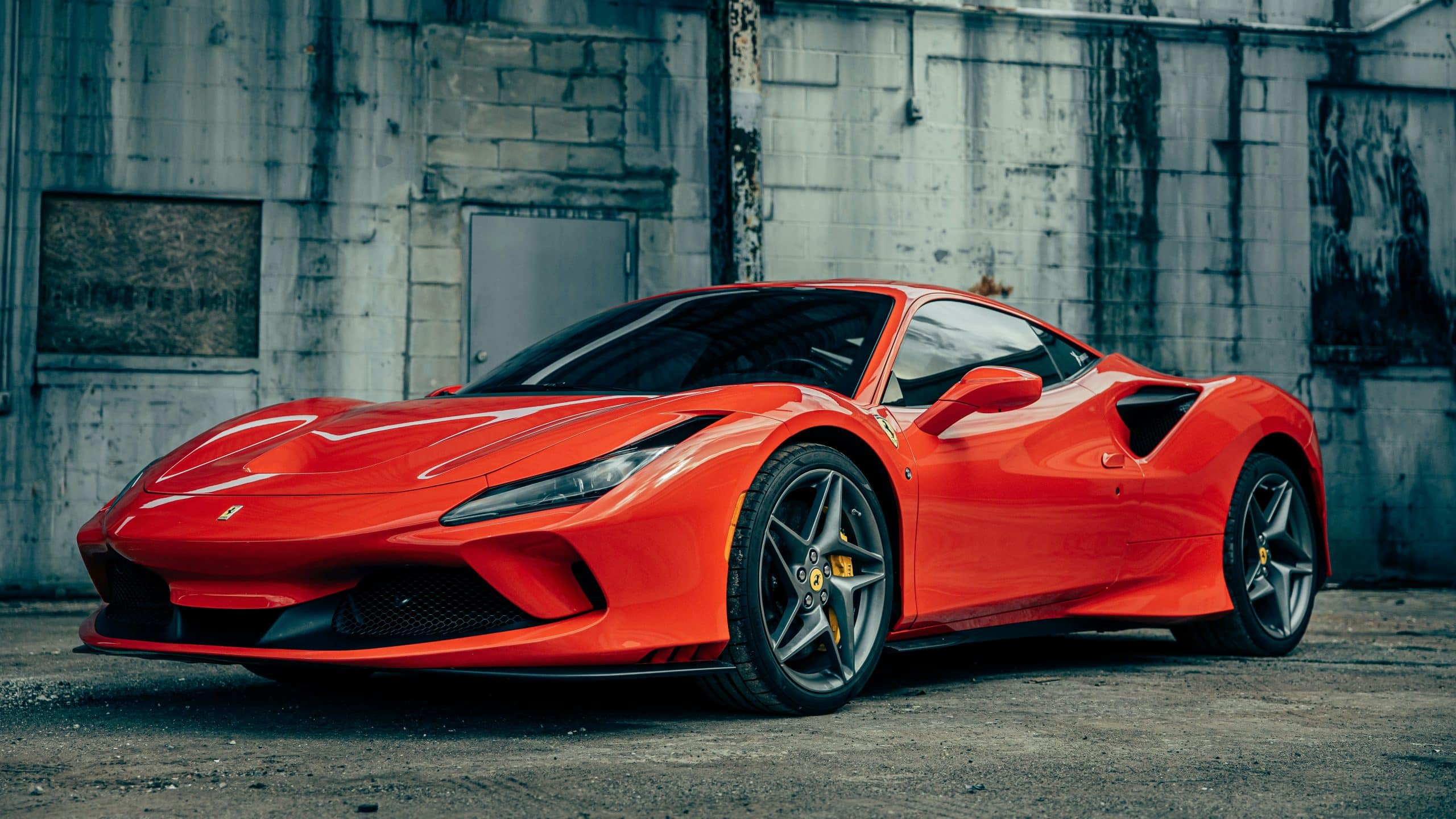What’s the Best Strategy for Managing the Resale Value of High-End Luxury Cars?

The world of luxury cars is both exhilarating and rewarding. For car enthusiasts and connoisseurs, nothing quite matches the thrill of driving a high-performance vehicle brimming with cutting-edge features, coupled with the prestige that comes with the ownership of such a remarkable piece of engineering. However, beyond the allure and the prestige, owning a luxury car is also a significant investment. As such, understanding how to best manage the resale value of such high-end vehicles becomes an essential part of the ownership experience.
Understanding the Luxury Car Market
The luxury car market is a fascinating ecosystem. Unlike the mass-market vehicle segment, where the primary focus is on practicality and affordability, the luxury car market thrives on exclusivity, advanced technology, extraordinary performance, superior comfort, and impeccable service.
Lire également : Can the Use of Nitrogen in Tires Extend Their Life and Improve Vehicle Handling?
Luxury car brands like Mercedes, BMW, and Audi are not just selling vehicles; they are marketing an experience—an experience that transcends mere ownership and driving. These brands offer high-value propositions that command premium prices. Consequently, the depreciation value of these cars is often steeper compared to mass-market models.
To maintain a high resale value for your luxury car, it is crucial to understand the dynamics of this market. The value of luxury vehicles is greatly influenced by factors such as brand perception, technological advancements, model rarity, and the overall economic environment.
A découvrir également : How to Accurately Diagnose and Address Unusual Car Noises for a Smoother Ride?
Selecting Luxury Car Models with High Resale Value
In the luxury car market, not all models are created equal. Some luxury cars hold their value better than others. Researching and choosing models that are known to have high resale values can be a very effective strategy in managing the resale value of luxury cars.
Mercedes, for instance, is a brand known for its high-quality vehicles and excellent performance. Some of its models, like the Mercedes-Benz G-Class and the Mercedes-Benz S-Class Coupe, have been found to hold their value exceptionally well, making them excellent investment vehicles.
When selecting a luxury car model, attention should be given to factors like brand reputation, model popularity, anticipated future demand, and the vehicle’s performance capabilities. It is also advisable to choose models with advanced technological features as they are likely to remain relevant and desirable for a longer period, hence maintaining their resale value.
Maintaining Luxury Cars to Preserve Value
The condition of a luxury car is an extremely important factor when it comes to resale value. A well-maintained car will always yield a higher resale value compared to a car that has been poorly maintained.
Regular maintenance will not only ensure that your car remains in a good working condition but also helps to preserve its value. High-end cars require specialized care which includes regular servicing in accordance with the manufacturer’s recommendations, using high-quality parts, and ensuring the vehicle is handled by certified professionals.
Moreover, it is essential to keep all the service records and maintenance documents. These papers serve as proof that your vehicle has been well-cared for, and will significantly enhance its resale value.
The Role of Marketing in Luxury Car Resale Value
Marketing plays a considerable role in boosting the resale value of luxury cars. The process begins with the marketing strategies employed by the car manufacturer, which contribute to the brand’s perception and the car’s desirability. However, when it’s time to resell your luxury vehicle, your marketing efforts become a key component in preserving its value.
Effective marketing of your luxury car for resale will include highlighting the car’s unique features, its mint condition, service history, and other factors that make it an attractive purchase. Good-quality photographs, detailed descriptions, and transparency about the car’s history and condition can significantly enhance its perceived value.
Luxury Car Depreciation and Market Trends
Depreciation is the silent eroder of luxury car values. While luxury cars are known to depreciate faster than mass-market cars, certain market trends can help curtail this loss in value.
Economic conditions and consumer preferences greatly influence luxury car values. During prosperous periods, luxury cars generally maintain their value better. Conversely, during economic downturns, luxury cars tend to lose their value faster. Therefore, timing your sale to coincide with favourable market conditions can help maintain your luxury car’s resale value.
In conclusion, managing the resale value of high-end luxury cars requires a strategic approach. It involves understanding the luxury car market, selecting models with high resale values, maintaining your car well, effective marketing, and timing your sale in line with market trends. With this strategy, you can enjoy the thrill and prestige of owning a high-end luxury car, while also ensuring a good return on your investment when it’s time to sell.
Exploring the Role of Luxury Brands in Resale Value
In the world of luxury vehicles, brand reputation holds a significant influence over their resale value. Renowned car brands such as Mercedes Benz, Rolls Royce, and Aston Martin have established an indisputable reputation for quality, performance, and sophistication. Consequently, these brands often command high resale values on the secondary market.
The strength of a brand influences the perception of its products, and this plays a crucial role in determining the resale value of its luxury cars. Car buyers associate these brands with a premium driving experience and superior quality, making them willing to pay a premium for vehicles manufactured by these luxury brands.
These brands have also cultivated a target audience that appreciates the craftsmanship and advanced technology that goes into creating these high-performance vehicles. Therefore, when a luxury vehicle from a reputable brand is listed for resale, it has a better chance of retaining its value due to the strong brand perception.
However, it is essential to note that brand reputation is not static. Luxury car brands must continue to innovate and provide an unmatched experience luxury to their customers. This continuous innovation and maintaining a positive brand reputation help to ensure a high resale value for their vehicles in the long term.
How Test Drives Influence Resale Value
Taking a luxury car for a test drive is more than an opportunity to appreciate the performance and technology packed into these vehicles. It is a chance to get a feel of the driving experience that these cars offer, which can significantly influence their resale value.
When potential car buyers test drive a luxury car, they get to experience first-hand the superior comfort, advanced technology, and exceptional performance that these cars offer. This experience often leaves a lasting impression, which can influence their perception of the car’s value.
For instance, the Mercedes Benz G-class is renowned for its off-road capabilities and luxurious interiors. A test drive in this vehicle can be a compelling experience that justifies its premium price and high resale value. Similarly, taking the Rolls Royce Phantom for a spin allows one to appreciate the extraordinary level of comfort and sophisticated technology that this vehicle offers, factors that contribute to its high resale value.
In conclusion, to manage the resale value of high-end luxury cars, a strategic approach is necessary. This strategy involves understanding the luxury car market, selecting models with high resale values, maintaining the vehicle in top condition, effectively marketing the vehicle, and timing the sale according to market trends. By doing so, owners can enjoy the thrill and prestige that come with driving these high-end cars, while also ensuring a good return on investment when it’s time to sell.
